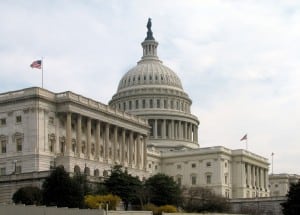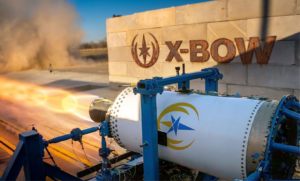
The House Armed Services Committee’s subcommittee on readiness has proposed eliminating a statute that Defense Department officials have said bogs down the acquisition process.The committee’s National Defense Authorization Act proposal, released April 21, includes a section that would repeal a statute requiring every major defense acquisition program to submit a detailed manpower estimate before the program’s approval. The intent of the manpower cost estimate is to ensure that total lifecycle and sustainment costs are considered before embarking on an acquisition program,…













